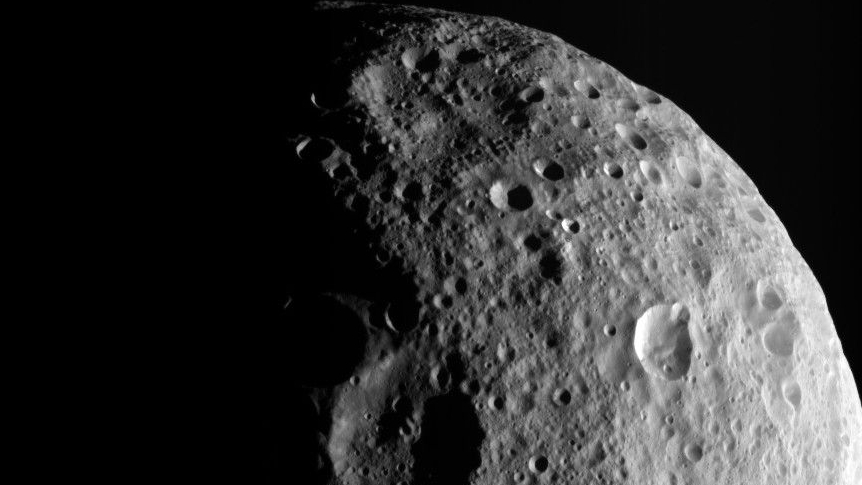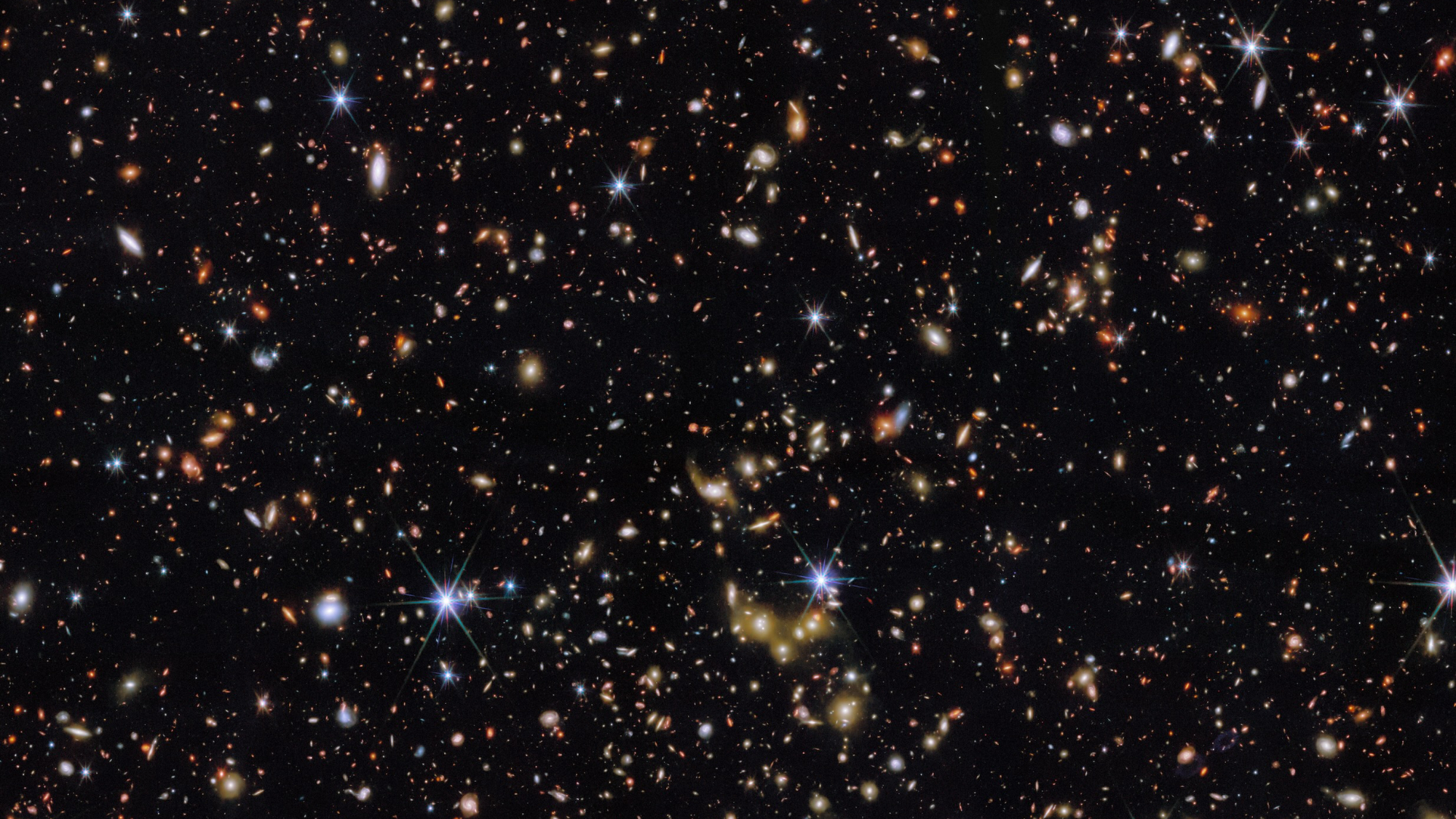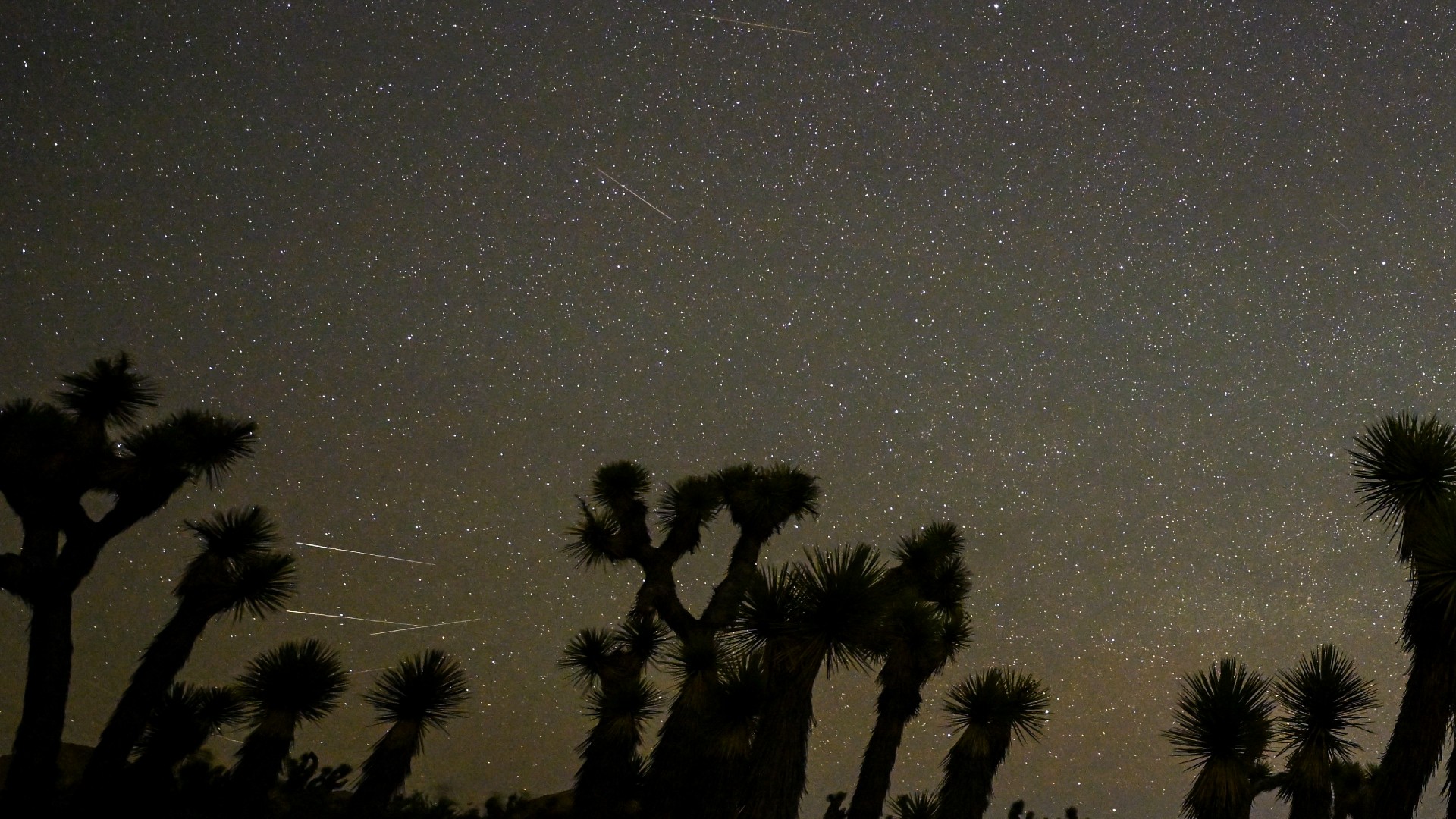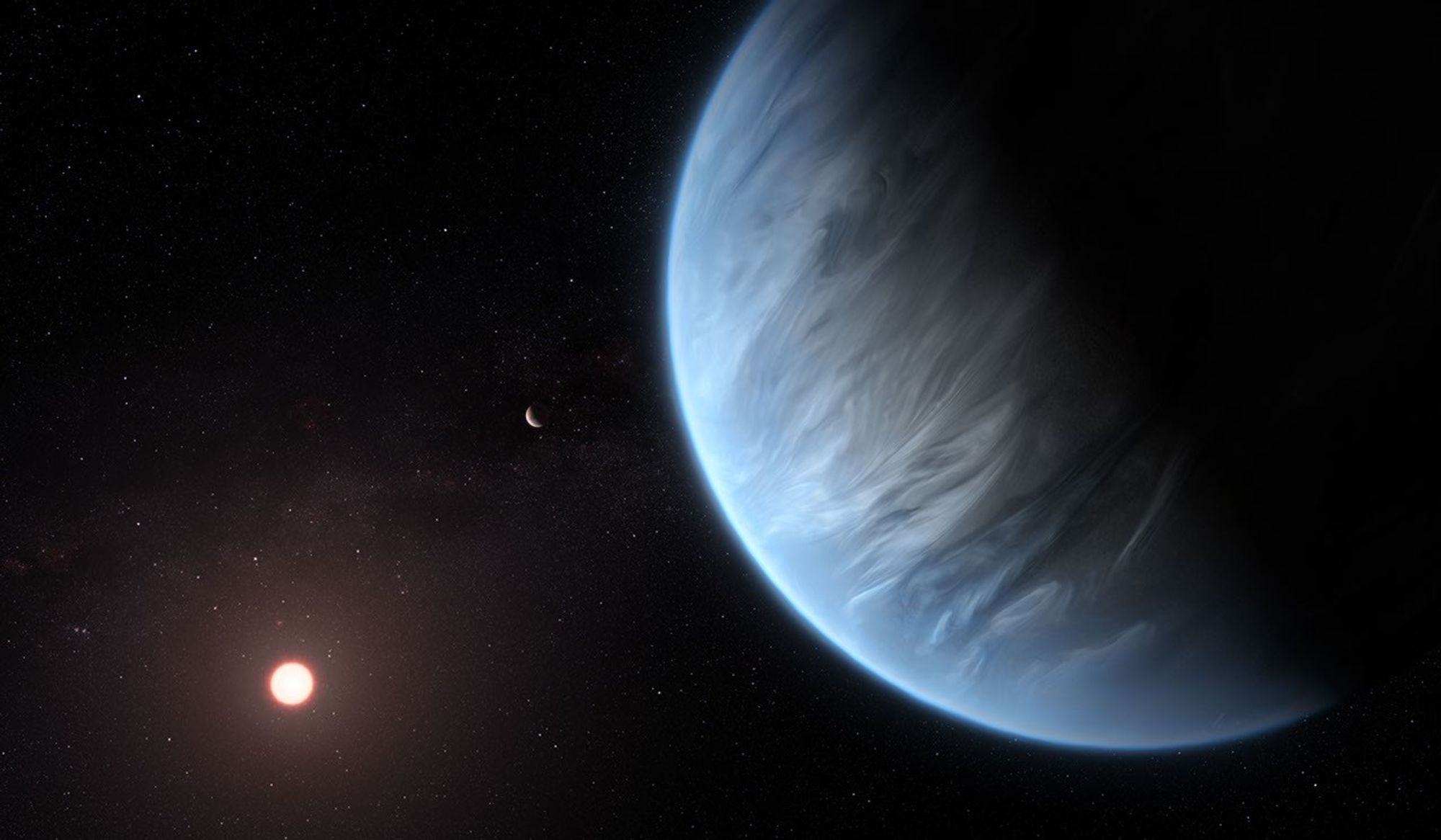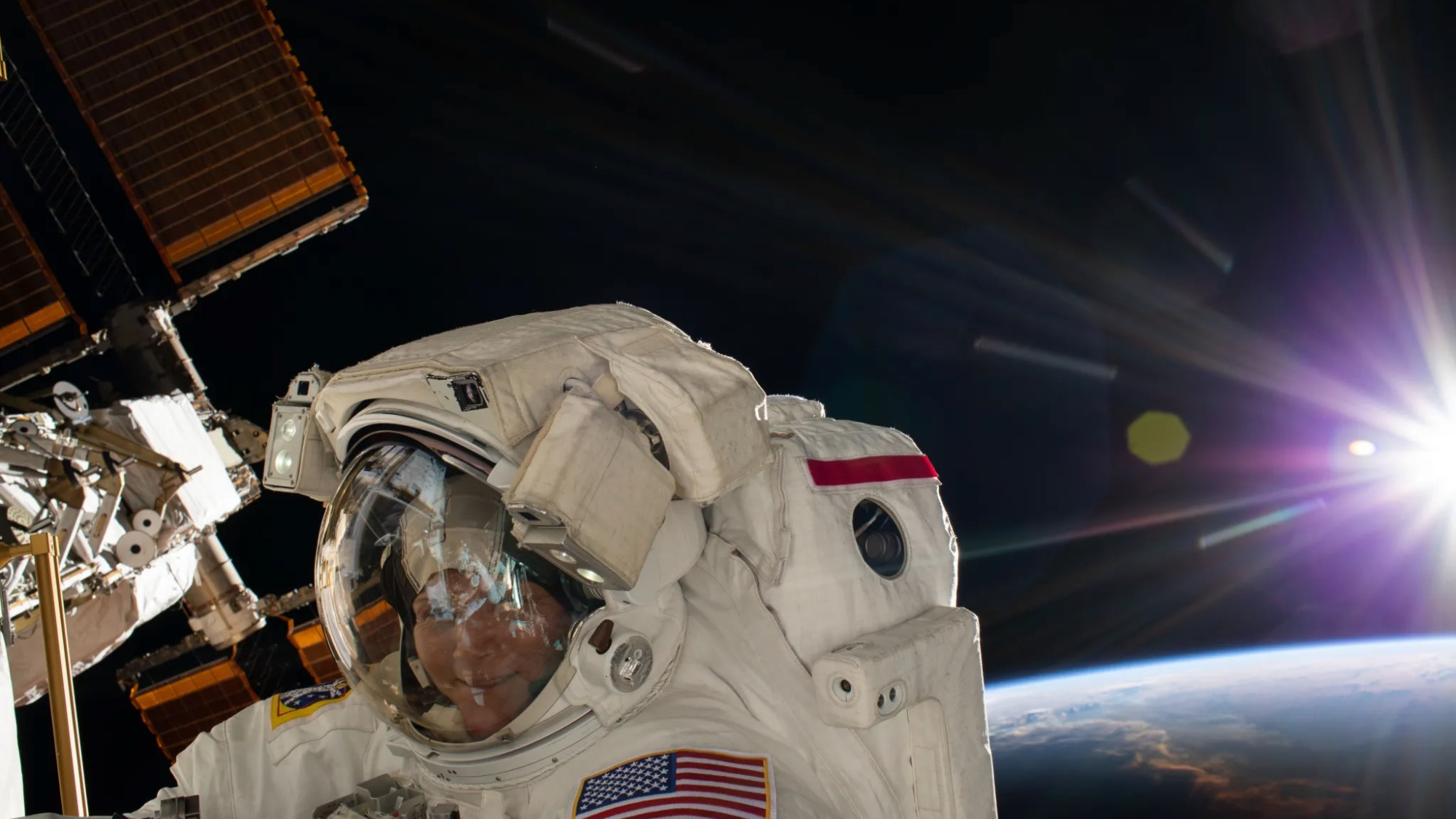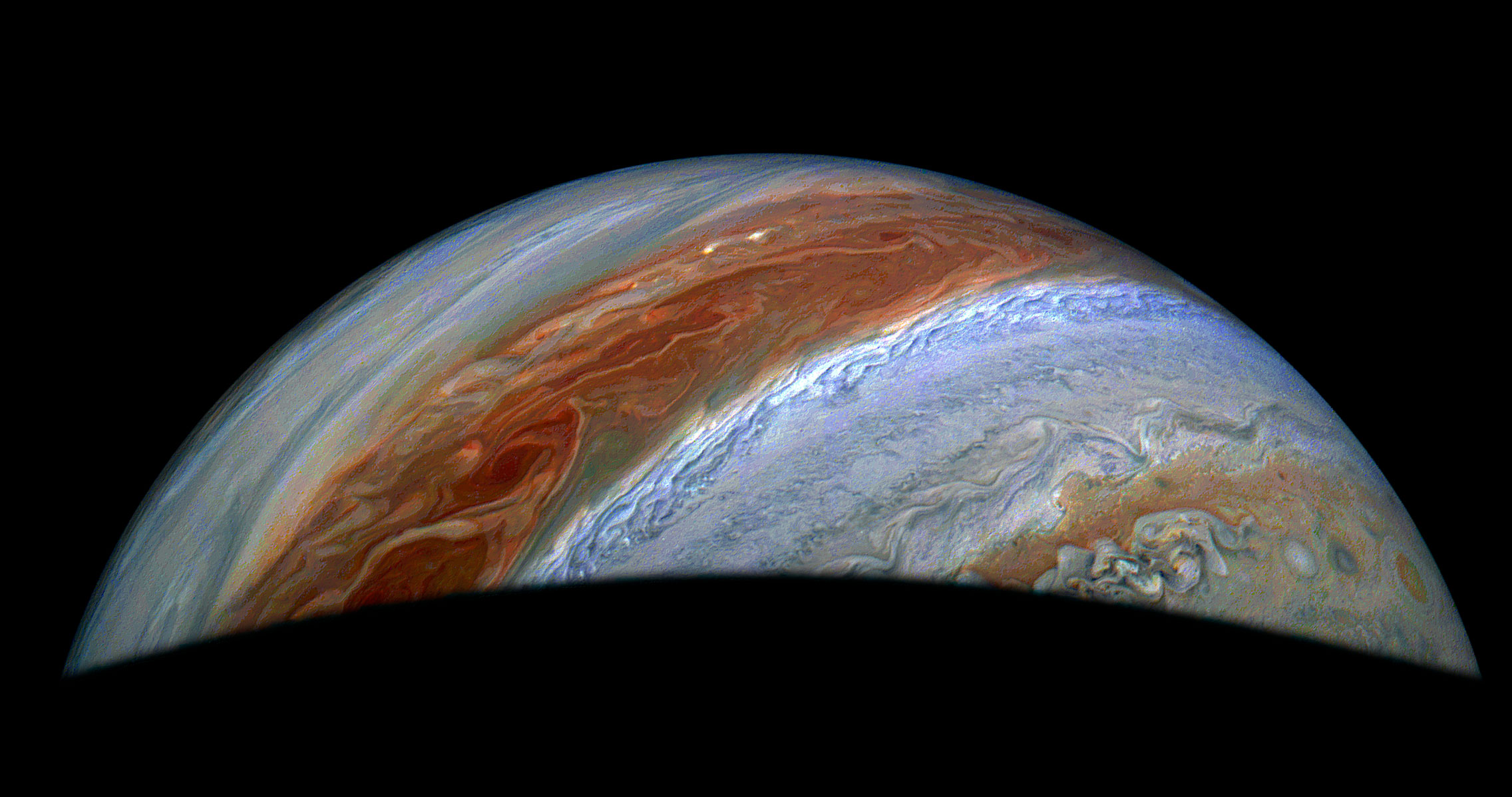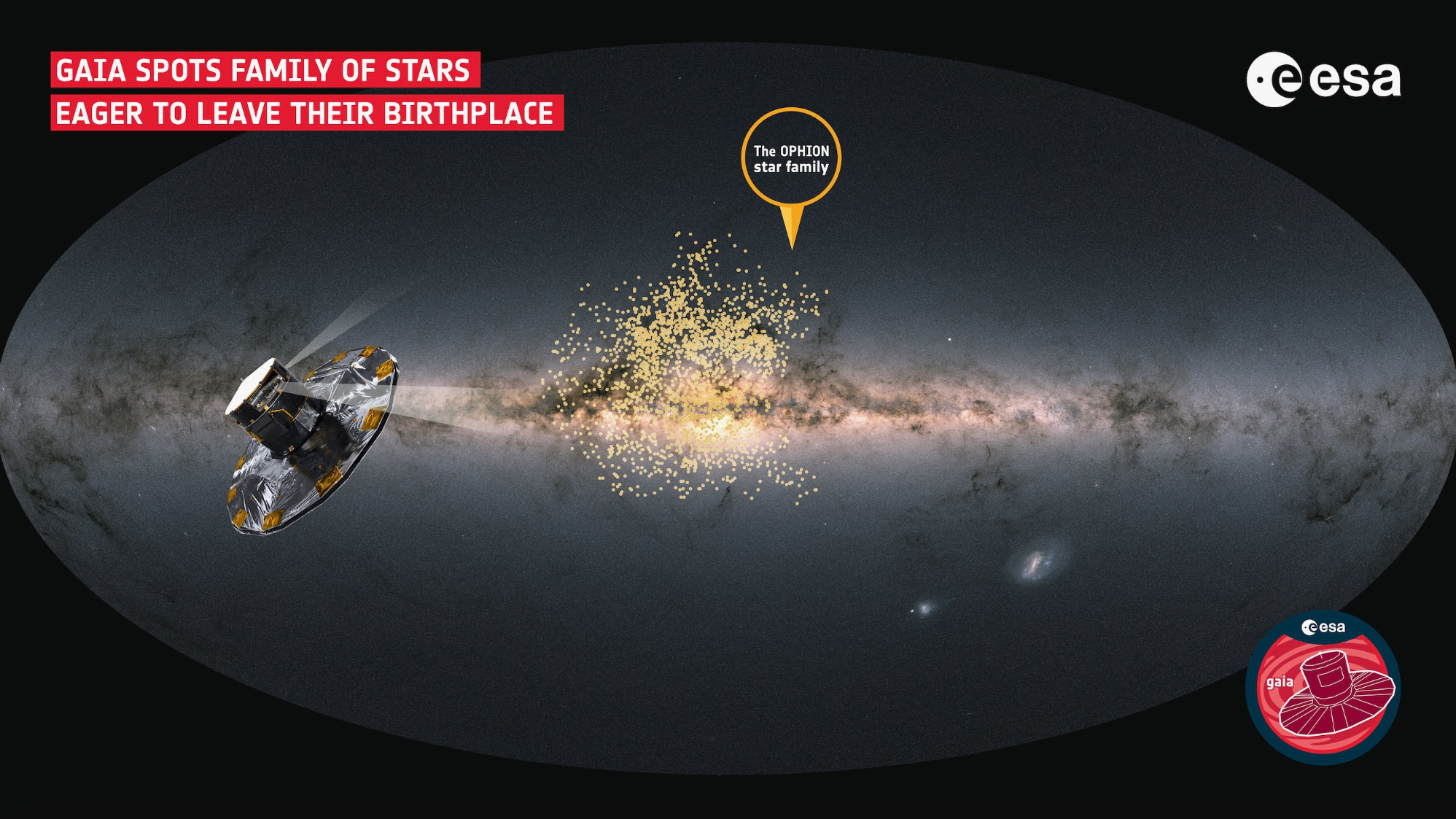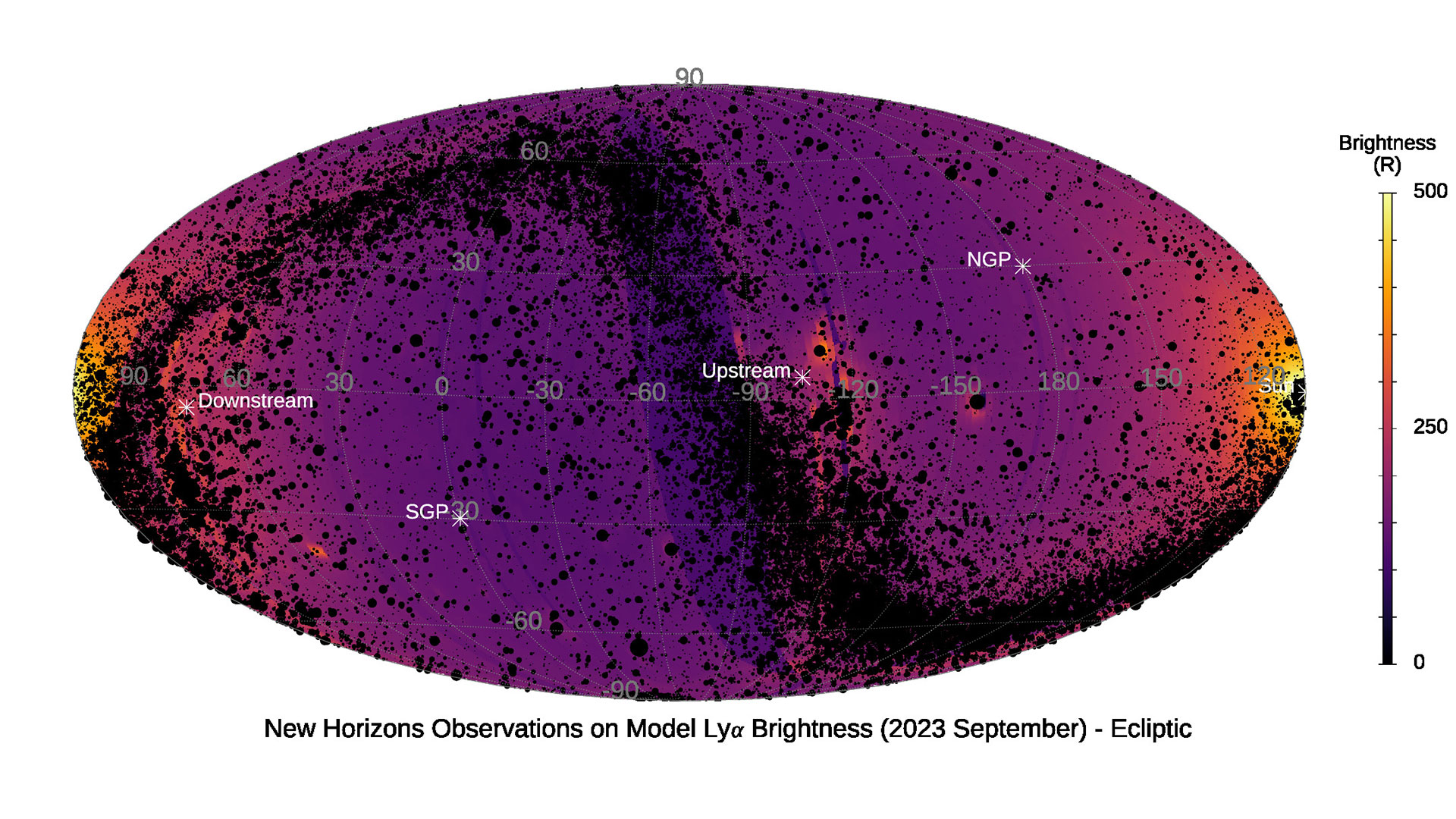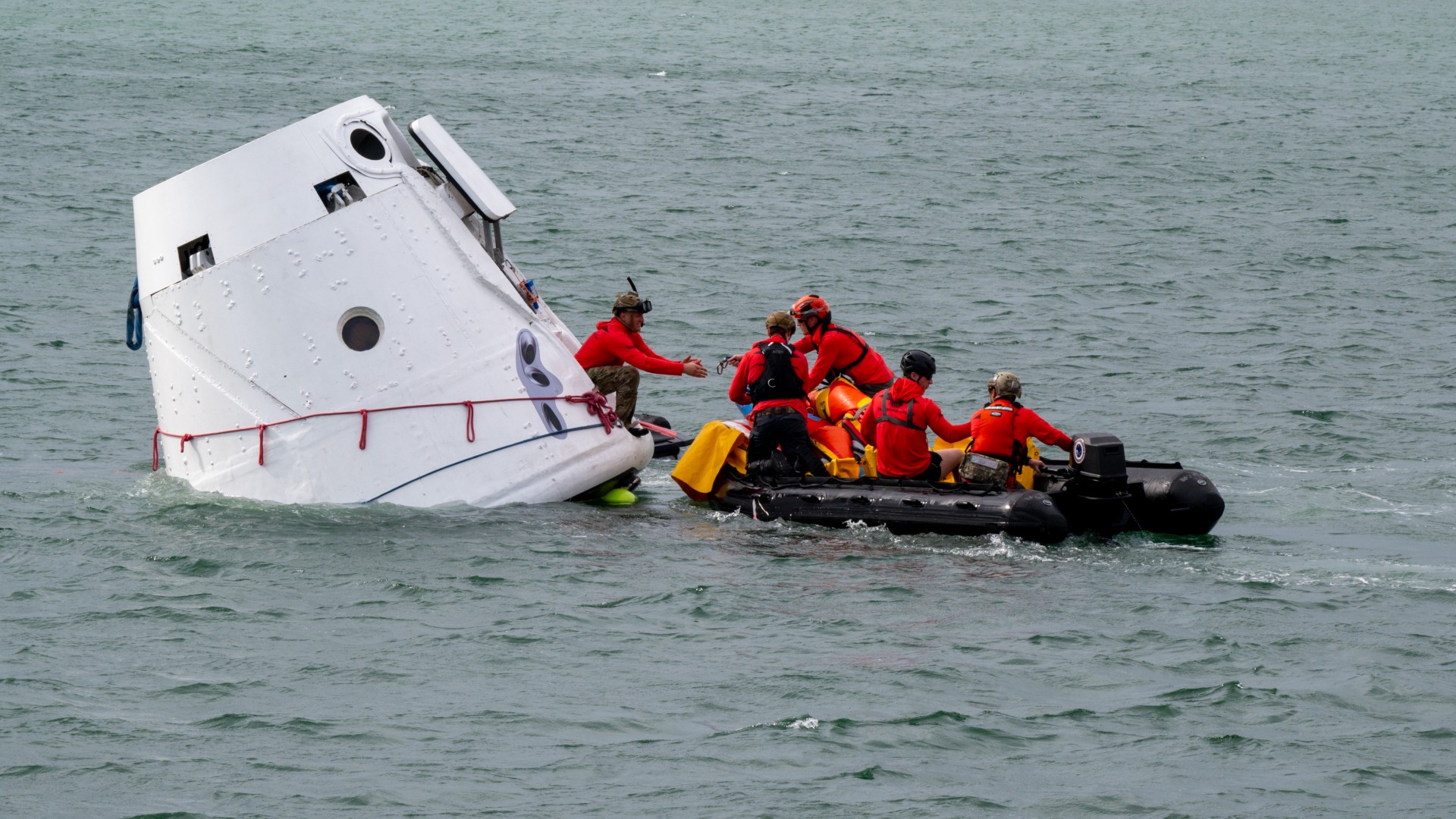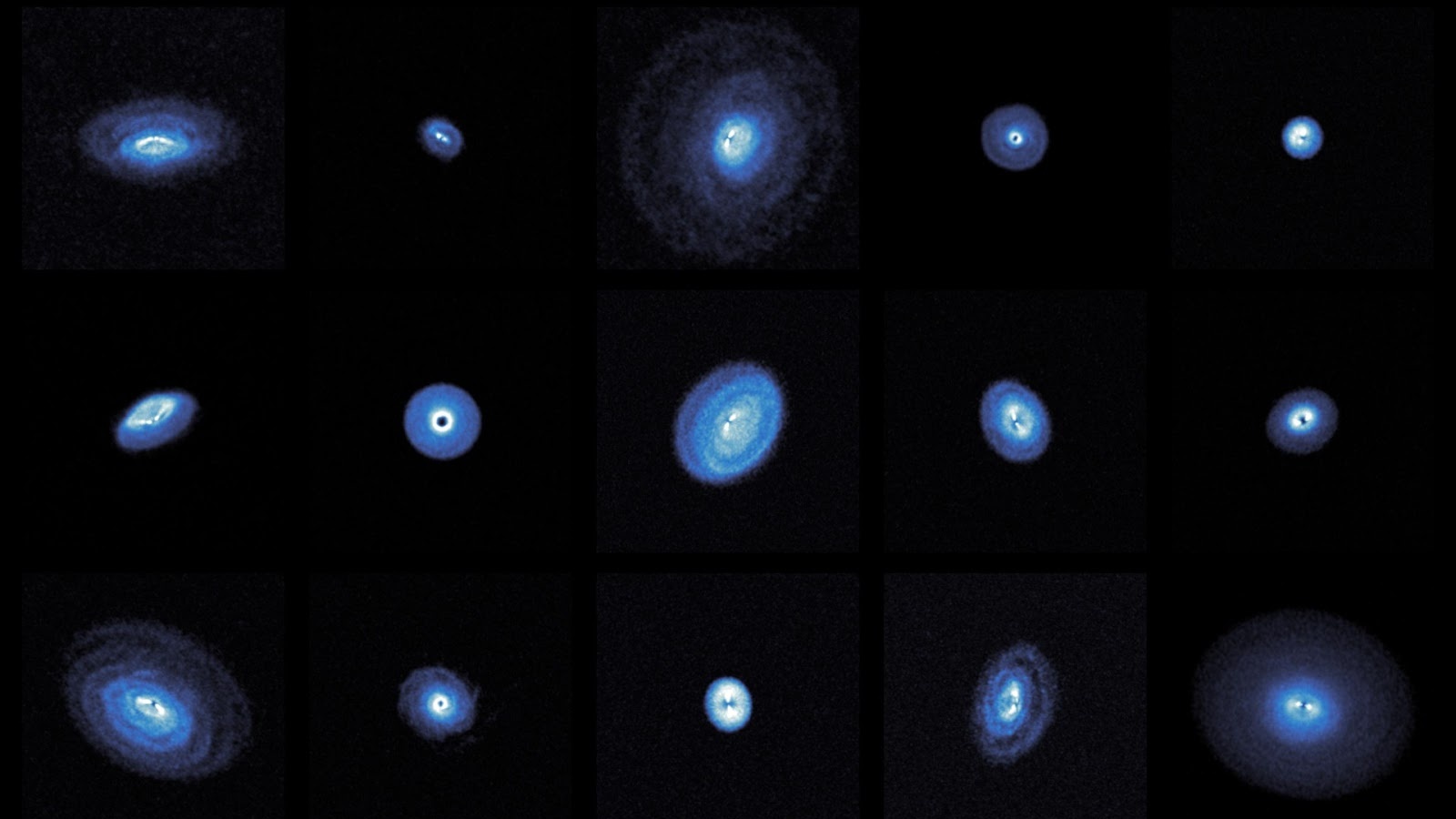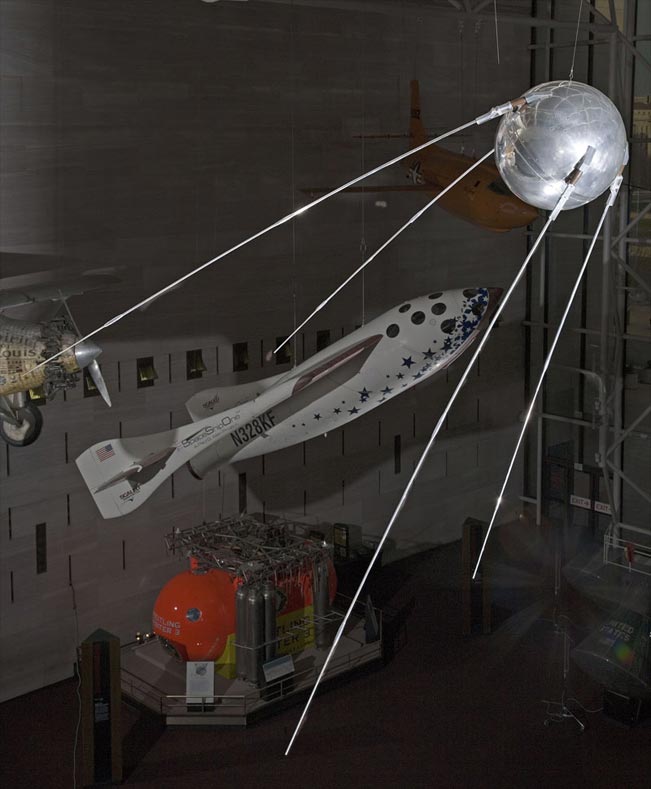
On October 4, 1957, imagination became reality when the launch of Sputnik made space travel a fact. Not only had the theoretical become tangible, but cultural beliefs also changed, if more slowly — but much more momentously.
As a 12-year-old "space nut" reading everything he could find about the coming "Space Age," even I knew it was going to be a breakthrough chapter in human history, just as it reflected innate human instincts for exploration. And it did.
But perhaps the grandest gifts were too subtle, too glacial, too diffuse to detect at the time, especially with all the distractions of Moonwalks, rocket explosions, "space races," Teflon and Tang. Now, a half century later "almost an entire human lifetime" a picture has emerged.
Shortly after the Apollo 11 landing (and shortly before his death), my grandfather spoke with me of the cultural changes he had witnessed from the time of the Wright Brothers' flight up until the first Moon landing. "I doubt you'll ever experience such immense changes," he remarked. And in later years, as it became clear we weren't going to leap from artificial satellites to interstellar travel in my lifetime, I reluctantly came to feel he was right.
But not any longer; I had been too narrow-minded and too shortsighted (and I wasn't alone). I now think I've seen an even bigger change.
The flight revolution of my grandfather's lifetime, a transportation-technology quantum leap, brought peoples and places on Earth much closer together. It changed exotic foreign lands and their inhabitants into neighbors, for good or for ill. It changed each person's own native land into just another country, one of many. Sure, the communication revolution helped too, but airplanes were the point of the spear.
The space revolution was the next giant conceptual leap. It made our entire planet just one of many worlds by driving home — through vistas of extraterrestrial landscapes and images of footsteps and tread marks on alien worlds — the mind-blowing concept that some of those lights in the sky constituted worlds of their own, not merely fuzzy images on the wall of a planetarium. Views of Earth itself from space, even just views of the curved horizon from a rocket, began that shift. Oblique high-altitude views of surfaces of other worlds, and their horizons against the blackness of space (or with the Earth itself above the Moon's horizon), pushed the concept further. Sure, we had intellectually known this was "true," but few of us had really ever believed it — or acted on such beliefs.
Get the Space.com Newsletter
Breaking space news, the latest updates on rocket launches, skywatching events and more!
As the images grew sharper from additional worlds, any pretense of earthliness "of the world as usual" collapsed. We watched motion imagery of the bizarre behavior of dust on the airless Moon, as the lander engine cut off or as the wheeled rovers dug into the ground, spewing dirt with no dusty swirls. We saw images of Jovian system geysers of molten sulfur; we saw eroded shorelines of the ethane seas of Titan; we saw bizarre collapse holes on Martian calderas; we saw the shadow of a far-ranging space probe on the small asteroid it was approaching. These images reeked with unearthliness, they tasted of alien-ness, and they drove home the emotional certainty of Earth's true status.
Persuaded by such insights, we realize in our guts and not merely in our brains that we as humans are actors, bound to a closed stage that is not the entire universe but only a corner of it. Our world is small enough that our presence on it has impact, so far usually inadvertent effects but potentially deliberate effects as well. This reality-based sense of proportion comes none too soon.
So now, thanks to the Space Age, we are equipped with this concept of our world as a neighborhood, and we are persuaded by the truth of this concept through 50 years of space exploration. I am persuaded that the cultural influence of the Space Age has also provided us with the beginnings of the technologies, the outlines of the adequate understandings and the glimmerings of the required wisdom needed to take on the challenges (and opportunities) that will confront humanity. These will include cultural clashes, political and philosophical squabbles, environmental causes and effects, climate shifts and biosphere repercussions, "classic" natural catastrophes and some unpleasant surprises as well.
That's OK, I can now tell my grandchildren. As a child, I had only hoped for miraculous gadgets — now I can anticipate a civilization worthy of them.
Jim Oberg is a 22-year veteran of NASA Mission Control in Houston and now a freelance spaceflight consultant and author (www.jamesoberg.com).
NOTE: The views of this article are the author's and do not reflect the policies of the National Space Society.
Visit SPACE.com/Ad Astra Online for more news, views and scientific inquiry from the National Space Society.
Join our Space Forums to keep talking space on the latest missions, night sky and more! And if you have a news tip, correction or comment, let us know at: community@space.com.
